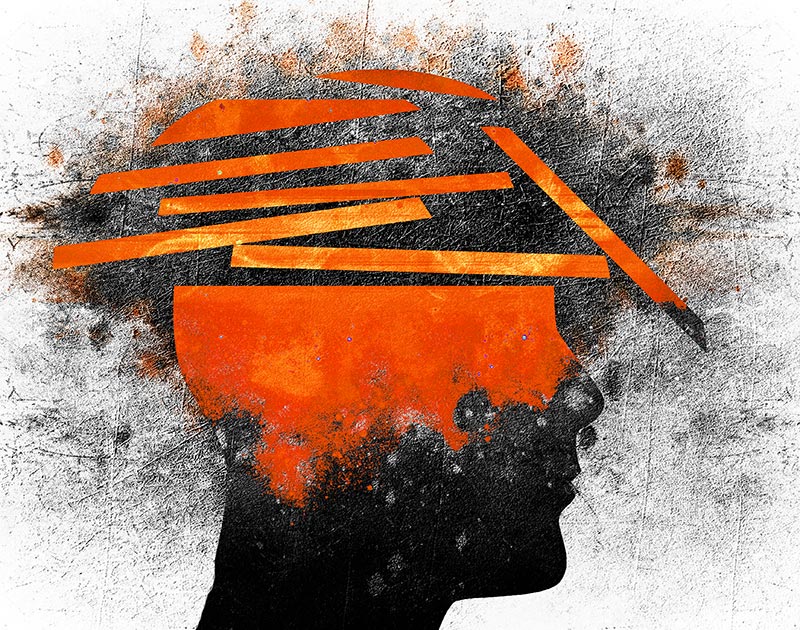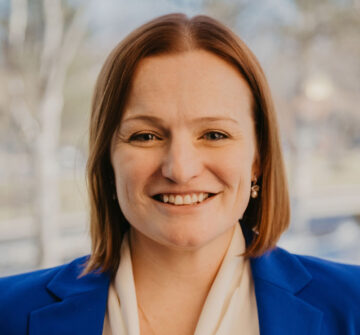There is currently no way to track the subtle brain changes caused by traumatic head injuries or degenerative neurological diseases—but that is finally poised to change. A $4.9 million capital grant from the MLSC, awarded to the Center for Translation Neurotrauma Imaging (CTNI) at the Boston University School of Medicine, supports the CTNI’s efforts to improve brain imaging techniques and open doors to developing diagnostics and treatments for neurodegenerative diseases.
The grant to Boston University was part of $30 million in capital grant funding awarded by the MLSC toward infrastructure development to support advances in human health, accelerate innovation in the areas of clinical and translational research, and expand the capacity of life sciences development and job growth across the Commonwealth.
In addition to the MLSC grant, the CTNI has received additional in-kind donations valued at $6.2 million, and it will collaborate with clinicians and researchers at Boston Medical Center, which has the busiest level 1 trauma and emergency services in the region.
The researchers are also interested in developing imaging techniques to be able to see signs of chronic traumatic encephalopathy (CTE), which cannot yet be detected in living people, but has made news headlines for being found in hundreds of brains from deceased National Football League players and military service people who sustained repetitive hits to the head during their lives.
Before emerging treatments for brain injury can be successfully tested and used clinically in humans, novel research efforts such as this must fill the gap in imaging technology.



